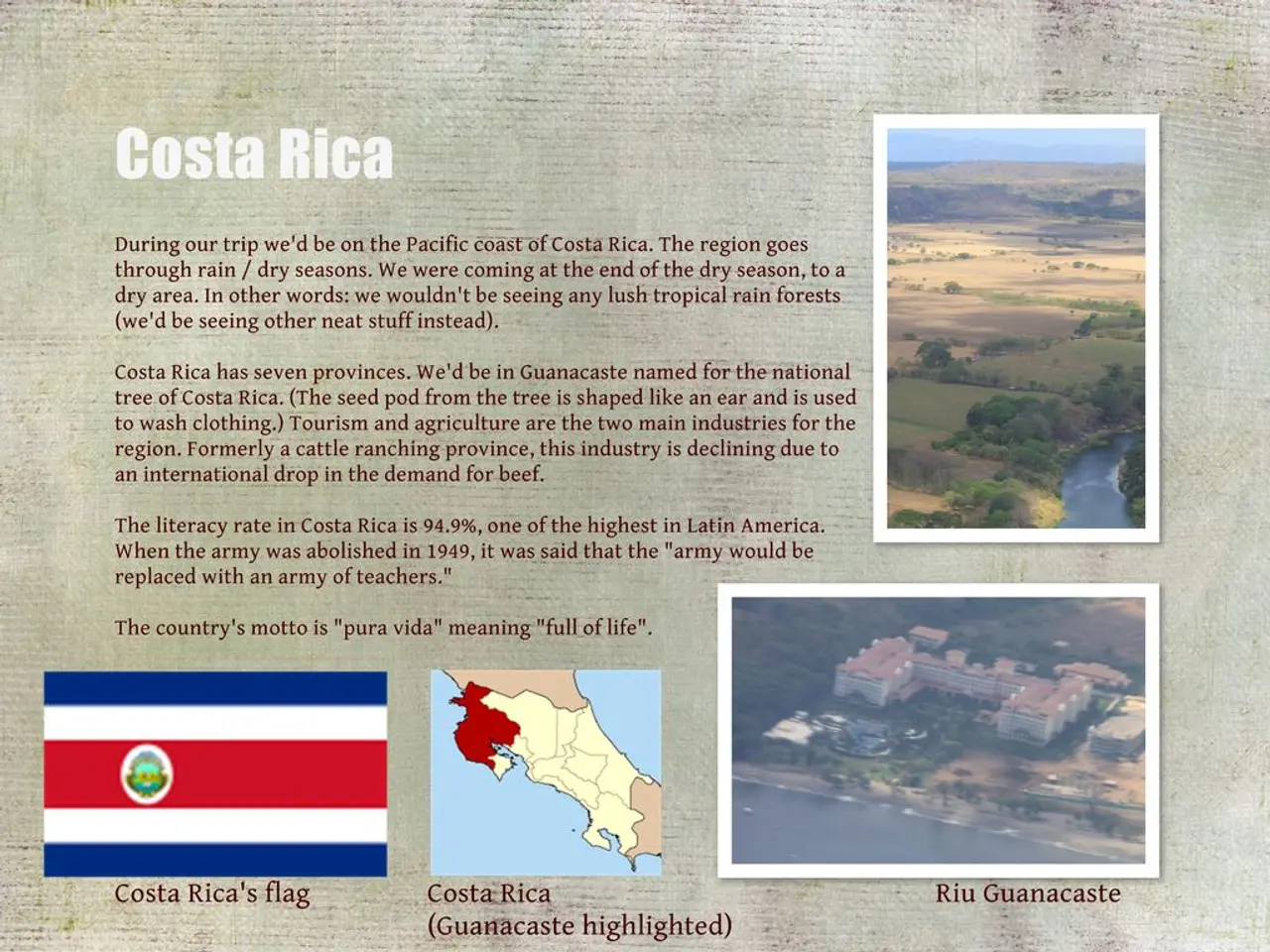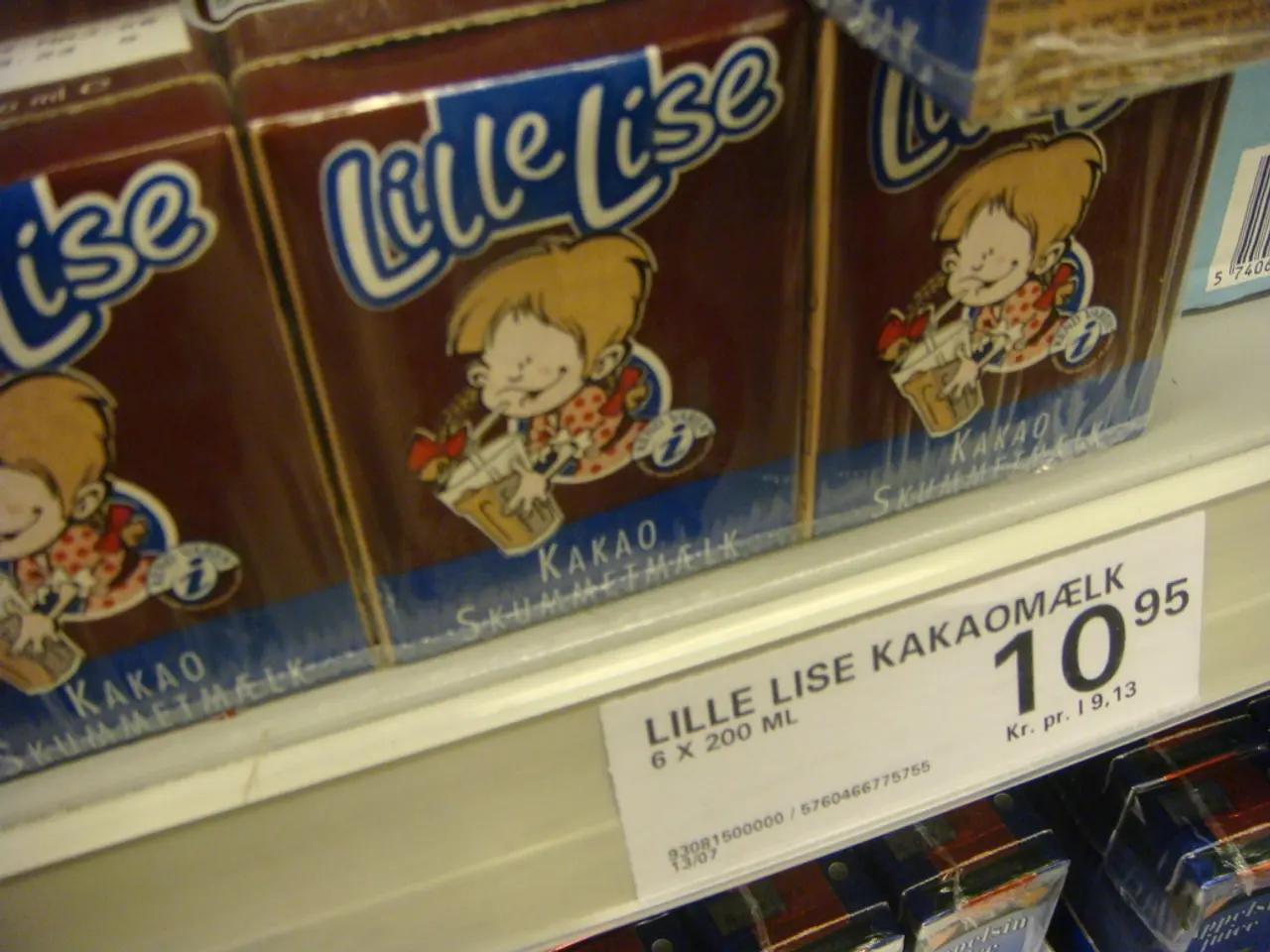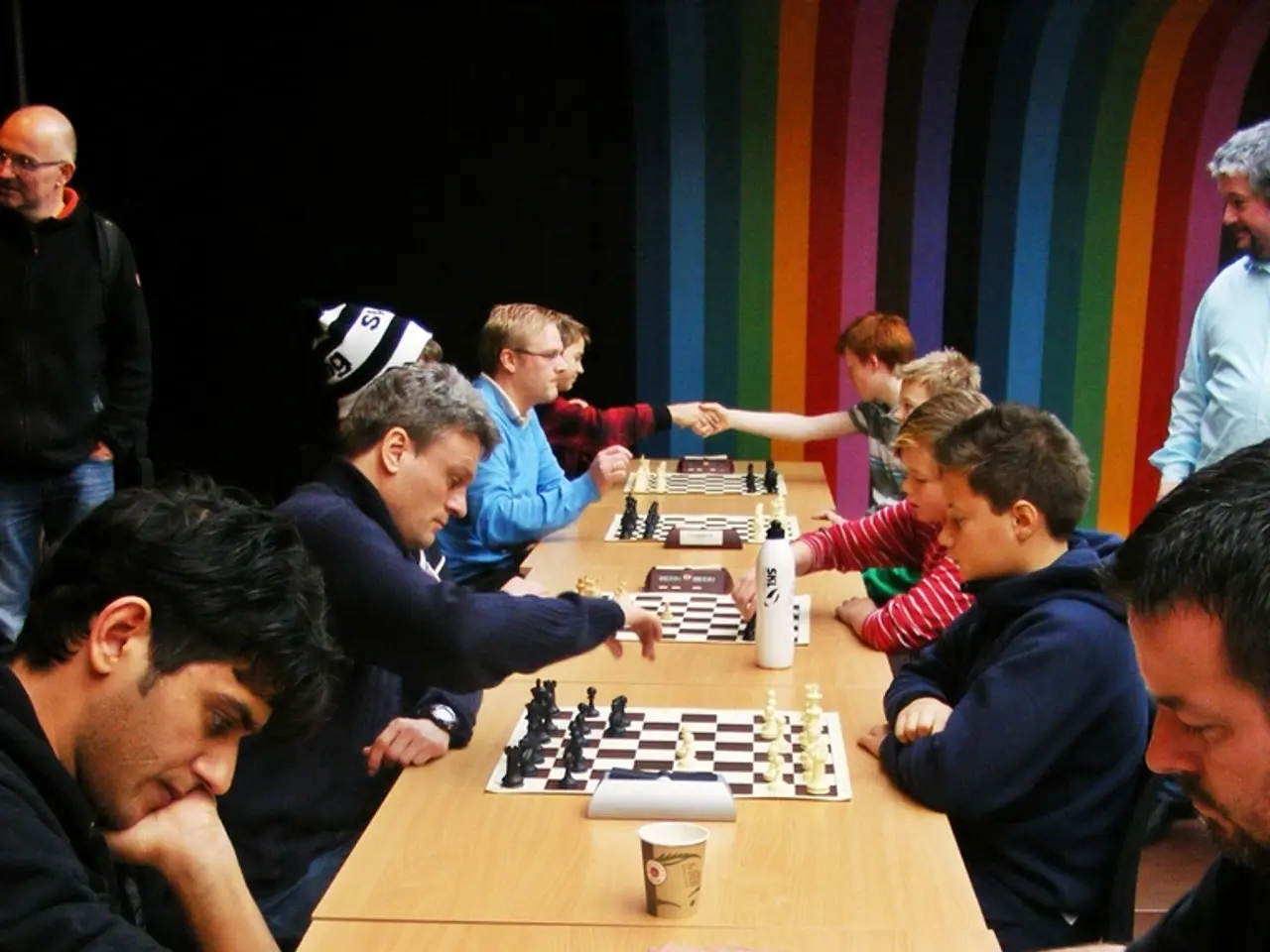Salvadoran government grants permanent political reelection to the nation's leader
Despite the controversy surrounding his decision, President Nayib Bukele of El Salvador has jokingly referred to himself as the "coolest dictator in the world." This label comes as the president's party, New Ideas, successfully removed the constitutional ban on presidential re-election, allowing Bukele to run for re-election indefinitely.
The reforms, approved by the Legislative Assembly, also extended presidential terms from five to six years and eliminated the second round of presidential elections. These changes have been met with strong opposition criticism, with opponents accusing the reforms of enabling Bukele to consolidate power and effectively end democratic checks and balances.
Opposition lawmaker Marcela Villatoro stated, "This, democracy died in El Salvador... masks were removed," indicating that critics view this as a decisive authoritarian move. The reforms were enacted amid concerns that Bukele, who already strengthened his control over institutions and was controversially allowed re-election in 2024, is further entrenching his dominance over the government.
The state of emergency in El Salvador, which has been in place since 2022, has also raised concerns about human rights violations. Activists have denounced arbitrary arrests and severe human rights violations in the country.
Despite these concerns, Bukele continues to maintain a strong support base, having been re-elected last year with around 85 percent of the votes. The president has taken a hard stance against gang crime, which has been a major issue in El Salvador, and has promised to continue his efforts to improve the country's security situation.
In the future, presidential, parliamentary, and municipal elections will be held simultaneously. The changes to the electoral system, if confirmed, will require only a simple majority to become president, rather than the current requirement for a majority in the second round of elections.
References: [1] https://www.reuters.com/world/americas/el-salvador-lawmakers-approve-bukele-s-bid-run-re-election-2023-03-21/ [2] https://www.bbc.com/news/world-latin-america-64656747 [3] https://www.aljazeera.com/news/2023/3/21/el-salvador-parliament-approves-bukele-s-bid-to-run-for-re-election
- The ongoing political shifts in El Salvador, including changes to policy-and-legislation, have raised concerns about the consolidation of power under President Nayib Bukele, with critics suggesting that these changes enable politics to veer towards authoritarianism.
- The general-news agenda in El Salvador is dominated by discussions surrounding the contentious presidential re-election policy and the uncertainty it brings to the democratic checks and balances in the country.






